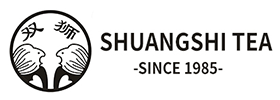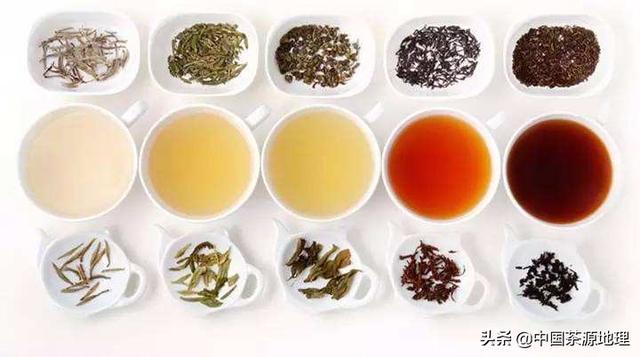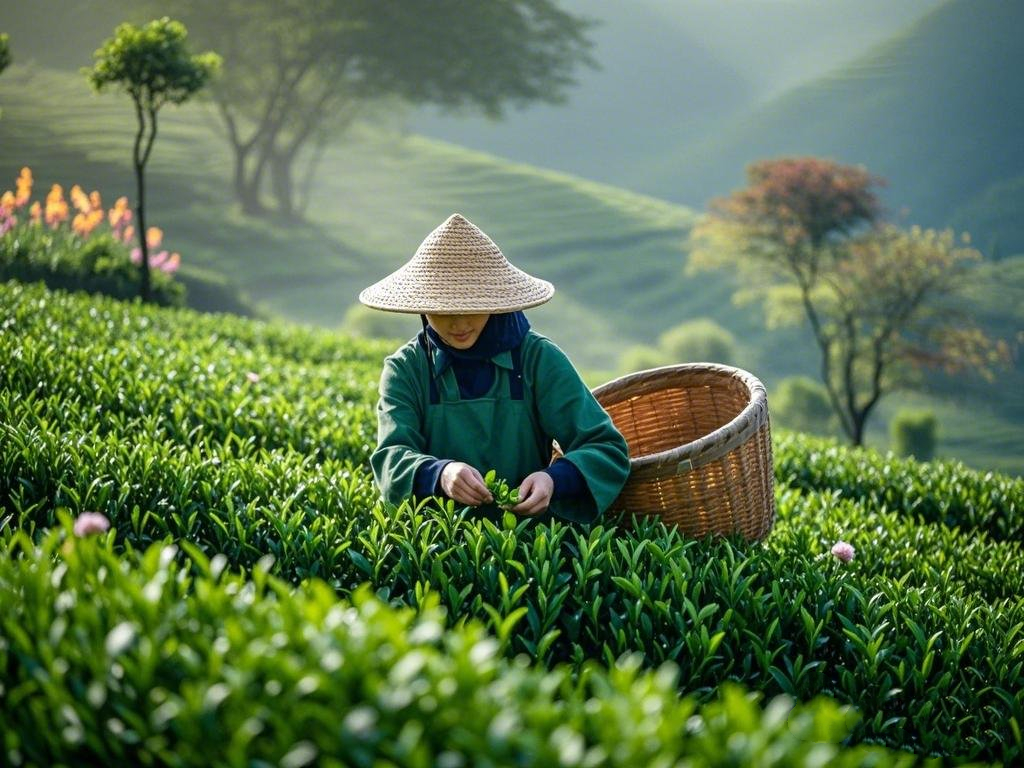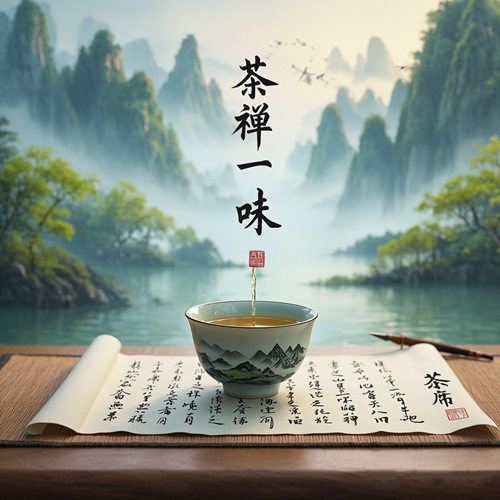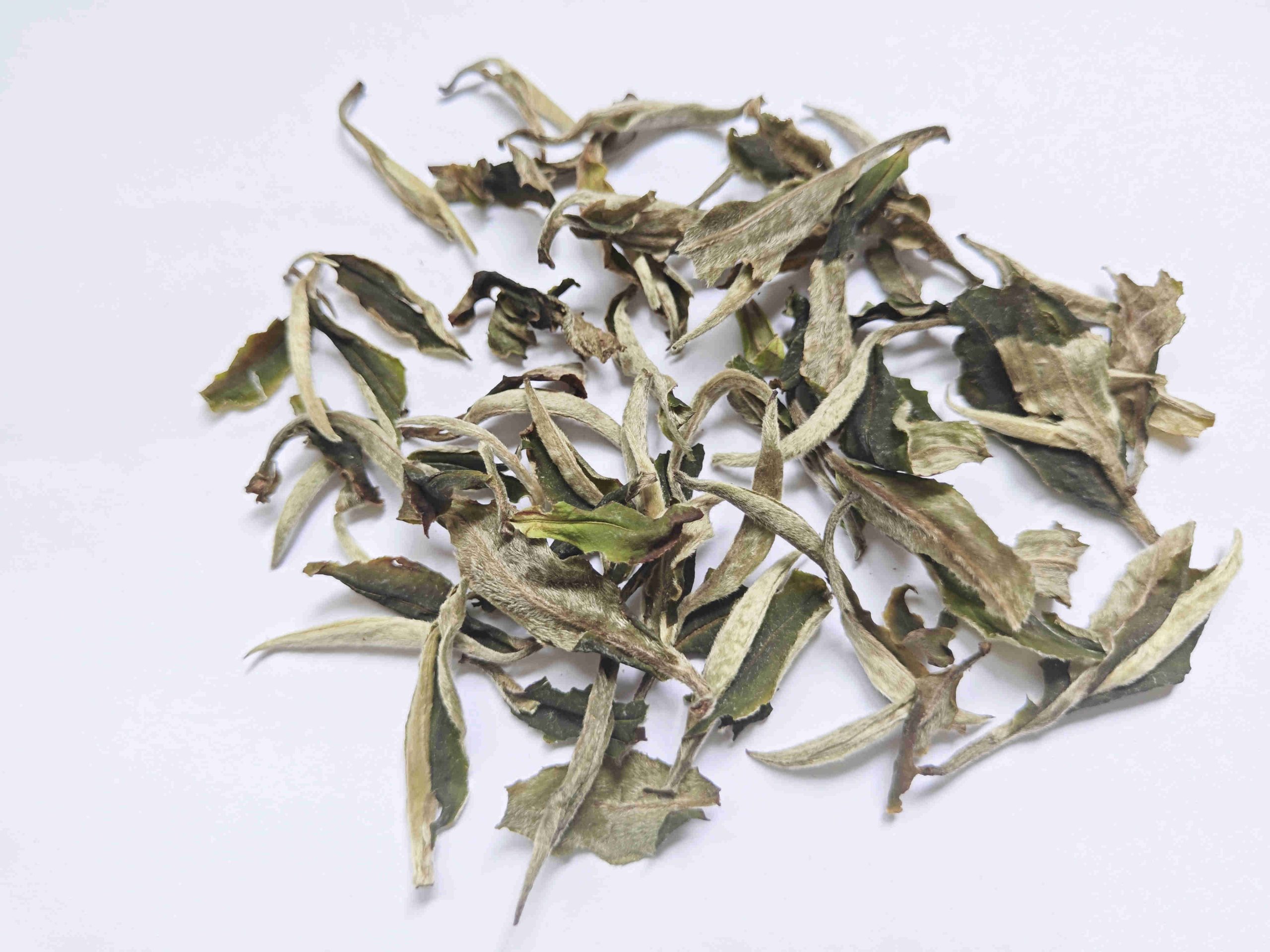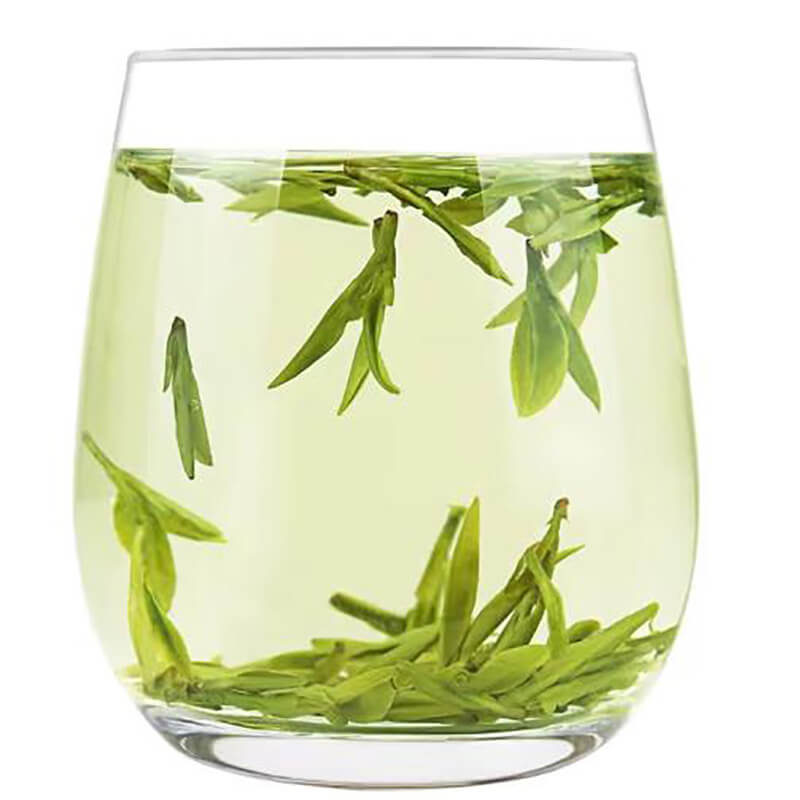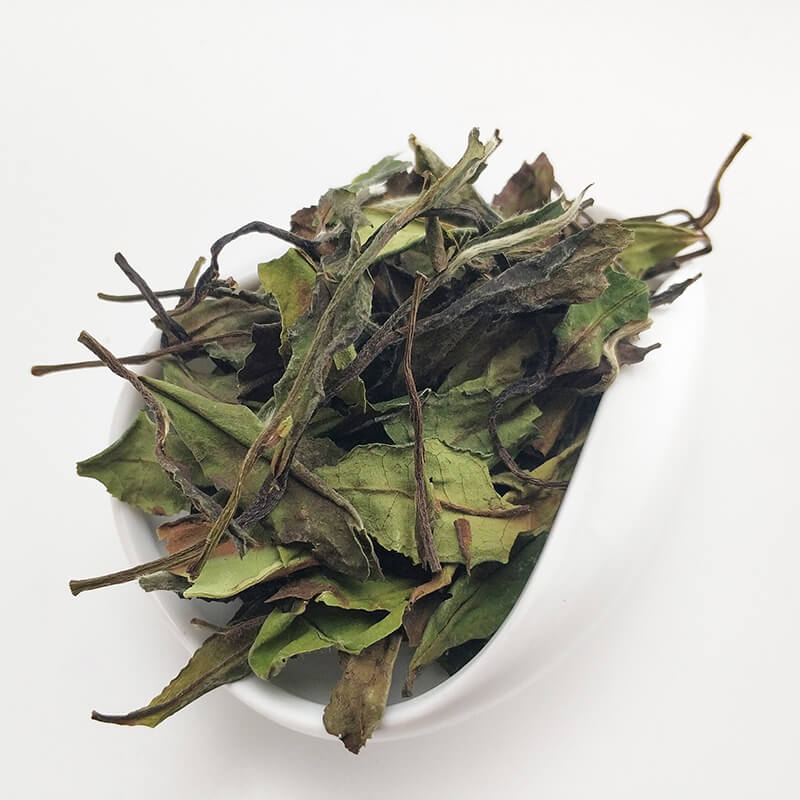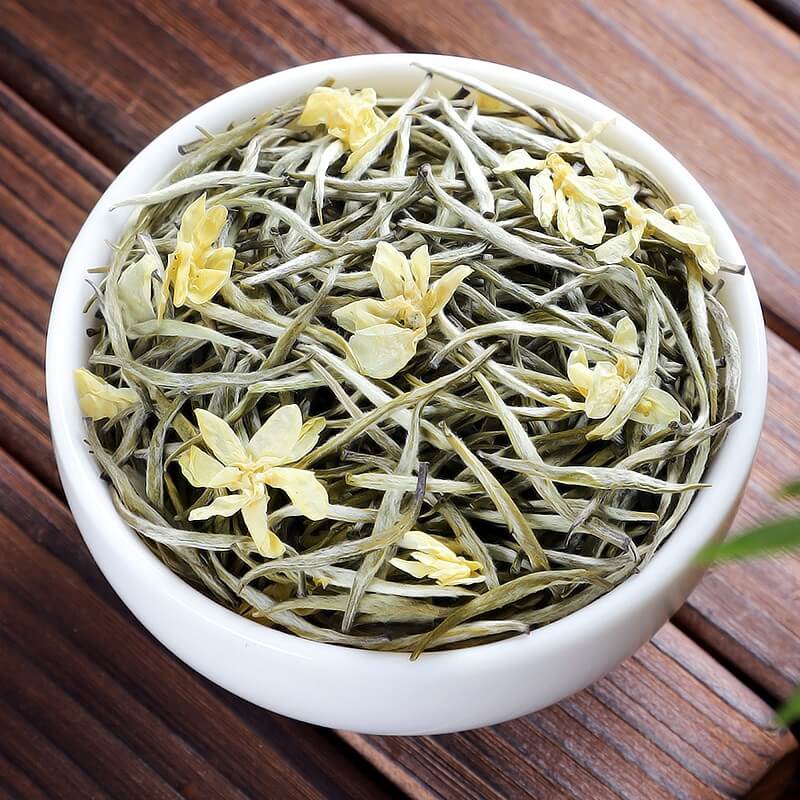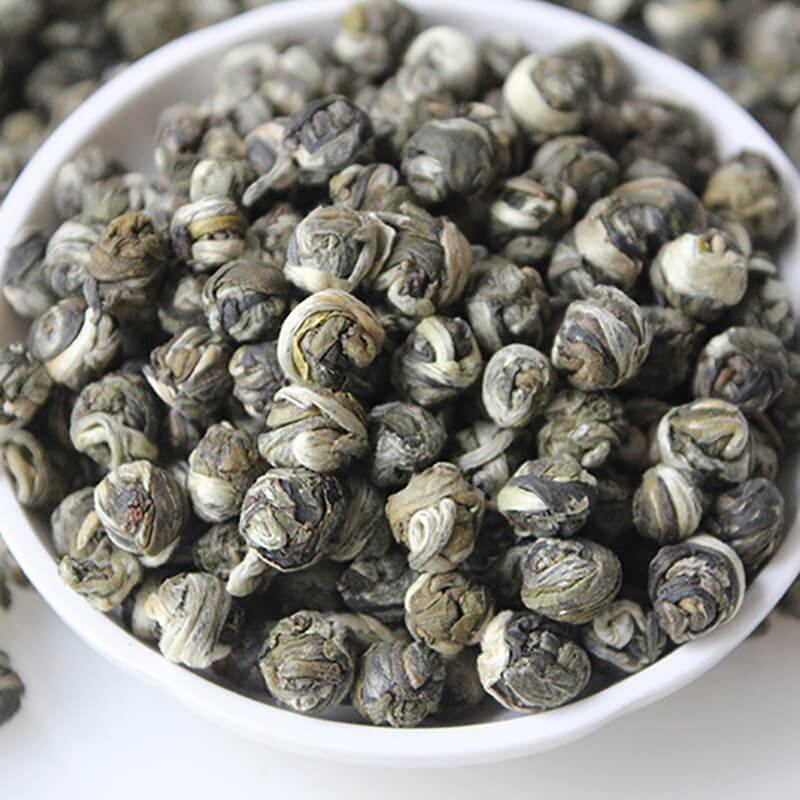I believe that most tea drinkers have had this experience: at the tea table, a few friends sit around the table drinking a newly brewed cup of tea. After drinking it, others praise the aroma, taste and smoothness of the tea, but you can’t taste what they call “good” about it.
At first, I thought I was not in good condition today, so I wanted to drink a few more cups to feel it carefully, but the more I drank, the more confused I became. I even suspected that my taste buds were slow to react. In the end, I could only drink silently or agree with everyone else that the tea was good.
Whether this tea is really good or not, you may not be sure at the time, which is normal, especially when you encounter a new tea that you have not drunk yet. It is easy to be influenced by the tea name introduction on the package, the price, and the comments of other people, which will affect your true feelings. Therefore, it is not easy to not be influenced by others at the tea table. It takes a lot of confidence to judge whether a tea is good and believe in your own ideas. Behind the confidence is enough rich experience in tea evaluation.
In recent years, with the rise of self-media, some tea evaluation agencies have emerged. They buy tea from the market and evaluate it themselves or ask professionals to evaluate it, and then publish the results to make a rating ranking for tea drinkers to refer to. This evaluation idea seems good, but if you think about it carefully, you will find that there are many problems. For example, drinking tea and evaluating tea itself is subjective, and the independence and rigor of tea evaluation agencies and related personnel are also questionable.
It is very common and reasonable to have different opinions on a tea at the tea table. Why is it reasonable? Because taste is ultimately different from person to person. Even if it is a top-level tea, if it is not to your taste, some people will say it is not good; and when it comes to the process level, everyone has different tea making styles, and the taste characteristics of the produced tea will be very different. For example, in the semi-fermentation process of oolong tea, some people like cold fermentation, and some people like to ferment it a little more mature. It is not possible to say which one is better or worse between the two. Everyone has their own preferences, so it is normal to have different opinions. Opinions are divided into subjective and objective. Subjective evaluation is meaningless. Even if there are differences, there is no need to argue too much. But objective things can be explained.
For tea drinkers who are not very experienced, it is not a good choice to follow the evaluation agency or someone to drink tea at the beginning. It may also be because of their own lack of experience. They think that choosing tea according to recommendations or looking at the evaluation rating rankings and prices will not be wrong. It is relatively convenient and can save a lot of unnecessary pitfalls. However, it is often because of this idea that they end up in another pit. I hope everyone can understand that what others say is good may not be suitable for you, and what others say is good may not be really good. What kind of tea to drink and how to choose should be up to you. I think no one knows your taste better than you. Unless the person you follow usually has a similar taste for tea, there will generally be no difference in following their choice. However, it is a bit difficult to find such a person, just like falling in love, it depends on congeniality.
How to judge whether what others say is good is really good, there is no shortcut. You need to spend more time to understand the knowledge behind the varieties, craftsmanship, terroir, weather, etc. of tea. Whenever I talk about tea with others, I always start with the craftsmanship. The reason why I focus on the craftsmanship is that the craftsmanship is the foundation of a tea. As an ordinary tea drinker, you don’t need to know too much, but you should still know the basic knowledge of the craftsmanship. At least after you have a direction, you won’t be confused the more you drink, and you can also avoid the embarrassment caused by impulsive spending a high price to buy a tea with a high score but not as good as expected.
Whether the tea tastes good or not, first listen to your tongue. The tongue will tell you the answer. If you know something about the tea craftsmanship, then the tongue will give you more feedback. Evaluating a tea is not just a simple “good” or “bad”. It also has a third evaluation “This tea is very good, but not suitable for me”. This evaluation is based on your understanding of the craftsmanship. Judging by the good and score of others, blindly following will only narrow the taste. Keep a heart of exploration and keep trying. You will find that at each stage, your taste is actually changing. This is the most interesting thing about drinking tea. If you think the tea is not good at the time, you may find that it is actually quite delicious when you drink it again after a few days: Hey, it tastes good!
